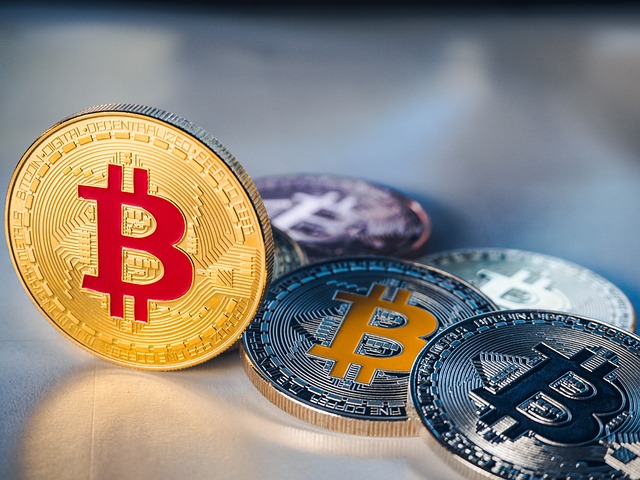Introduction
In the ever-evolving world of finance and technology, a significant debate is gaining momentum: can Bitcoin, the flagship cryptocurrency, replace gold as the ultimate store of value in the next decade? As the global economy continues to shift toward digitalization, this question becomes more relevant than ever. Let’s explore this intriguing possibility.

Gold’s Historical Role as a Safe Haven
Gold has long been regarded as a cornerstone of financial stability. Its intrinsic value and scarcity have made it a reliable store of wealth for centuries. From ancient civilizations to modern central banks, gold has been synonymous with economic security.
However, the world is changing rapidly. The rise of digital assets like Bitcoin is challenging the traditional dominance of precious metals. Could this decentralized, digital alternative outperform the age-old appeal of gold?
Understanding Bitcoin’s Unique Attributes
Bitcoin, often referred to as “digital gold,” offers distinct advantages. Built on blockchain technology, Bitcoin operates as a decentralized and secure ledger, ensuring transparency and trust without relying on central authorities. Its limited supply of 21 million coins mirrors gold’s scarcity, reinforcing its potential as a store of value.
Moreover, Bitcoin’s ease of transfer and global accessibility make it a compelling choice in a digital-first world. Unlike gold, which requires physical storage and transport, Bitcoin can be securely stored in digital wallets and transferred instantly across borders.
The Inflation Hedge Debate
Both gold and Bitcoin are often seen as hedges against inflation. Gold’s reputation as a safe haven during economic downturns is well-established. However, Bitcoin’s finite supply and resistance to manipulation by monetary policies position it as a modern alternative.
In recent years, Bitcoin’s performance during periods of economic instability has mirrored that of gold, further fueling the comparison. While gold’s value remains relatively stable, Bitcoin’s high volatility presents both risks and opportunities for investors.
Adoption and Global Trends
One of the key factors in Bitcoin’s potential to replace gold is global adoption. Over the past decade, Bitcoin has transitioned from a niche interest to a mainstream asset. Institutional investors, tech companies, and even governments are recognizing its value.
In contrast, gold’s appeal remains largely traditional, with its primary uses in jewelry and central bank reserves. As the digital economy expands, Bitcoin’s versatility and integration into modern financial systems may give it an edge.
The Role of Technology
Bitcoin’s foundation on blockchain technology sets it apart from gold in terms of innovation. The decentralized ledger provides unmatched security and transparency, attributes that resonate with the tech-savvy generation. Additionally, advancements in fintech and the growing ecosystem of decentralized finance (DeFi) further solidify Bitcoin’s position in the financial revolution.
Gold, while valuable, lacks the technological adaptability to compete in a digital era. As blockchain technology continues to evolve, Bitcoin’s utility and appeal are likely to grow.
Challenges and Considerations
Despite its advantages, Bitcoin faces significant challenges. Regulatory scrutiny, market volatility, and the environmental impact of mining are critical concerns. These factors could hinder its widespread adoption and acceptance as a replacement for gold.
Conversely, gold’s stability and long-standing reputation make it a safer choice for risk-averse investors. The question remains: can Bitcoin overcome these obstacles and achieve parity with gold in terms of trust and reliability?
Investment Perspectives
For investors, the choice between Bitcoin and gold depends on their goals and risk tolerance. Gold offers stability and a proven track record, making it an ideal choice for preserving wealth. Bitcoin, on the other hand, presents an opportunity for growth and innovation but comes with higher risks.
A balanced approach may involve diversifying portfolios to include both assets, leveraging the strengths of each to navigate the complexities of the modern financial landscape.
Conclusion
While Bitcoin may not completely replace gold in the next decade, it is undoubtedly reshaping the conversation around value storage and financial security. Its technological advantages, combined with growing adoption, position it as a formidable contender in the evolving economy.
Ultimately, the coexistence of Bitcoin and gold could offer a new paradigm for investors, blending traditional stability with digital innovation. As the next decade unfolds, the interplay between these two assets will continue to captivate and redefine the financial world.